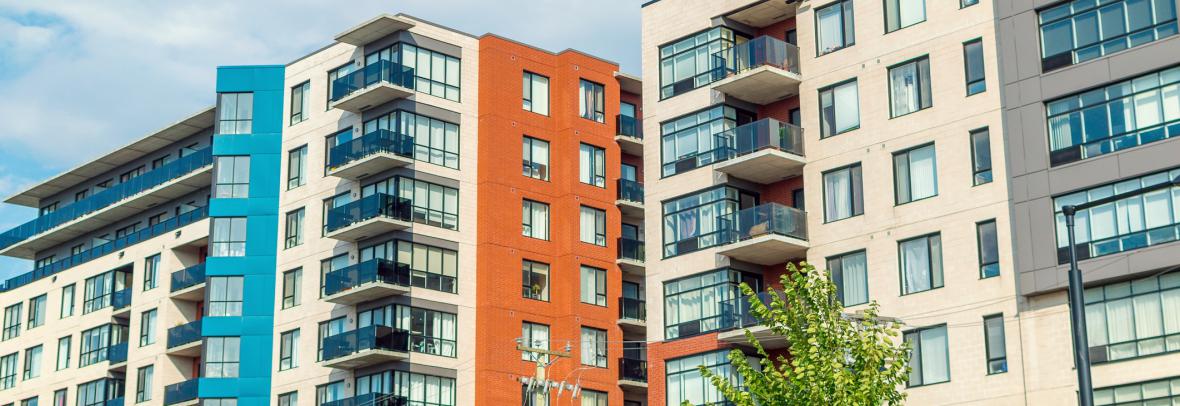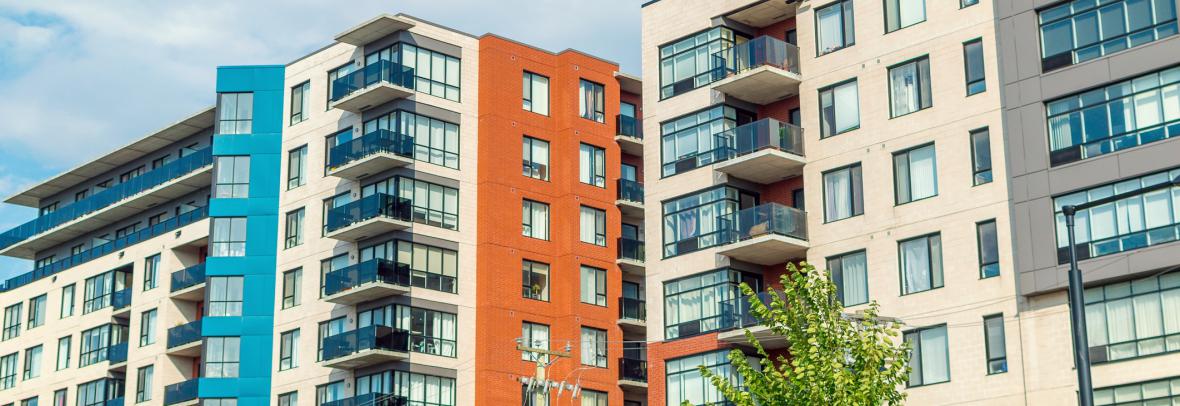
A condo owner suffered damage after a fire in a nearby unit. Which insurer pays for that, the condo association’s or the personal policy he has on his unit?
PALM BEACH, Fla. – Question: I am an owner in a condominium in Palm Beach County. There was recently a fire in an adjoining unit that caused damage to my unit. What is covered by my insurance policy versus the condominium’s insurance policy? – Palm Beach, Fla.
Answer: Generally speaking, the condominium association insures your building and the common elements of the building under an insurance policy, typically called the master policy. As a general statement, master policies cover the basic building (i.e., the walls, roof system, flooring, elevators, etc.) and not items associated with the individual units. Because the master policy does not cover your unit specifically, you should have an insurance policy for your unit that is designated as an HO-6.
HO-6 policy covers the unit and its contents, as well as liability and coverage for additional living expenses should you be unable to stay in your unit due to the nature of the claim being made. This is similar to the type of insurance that you would have for a single-family home which is called an HO-3 policy. The difference is that if you own a home, you are responsible for everything inside and outside your home up to your property lines, including the home, the lawn, fences, the pool, and detached structures such as sheds.
Because the association in a condominium is responsible for all common elements of the building an HO-6 policy is more akin to renters insurance in terms of the scope of coverage. Under Florida law (Florida Statute 718.111(11)I), the association must meet certain insurance requirements which requires it to have adequate property insurance including replacement cost value for common areas and the building.
In terms of what “inside” your unit means versus “outside” your unit will vary depending on your declaration. In addition, depending on what your association has as insurance is also important. An all-in policy may cover some parts of your condominium unit, like appliances, plumbing, flooring, and electrical, while a bare-walls-in policy will likely exclude everything within the four walls of your condominium.
Keep in mind that no matter what type of policy or combination of policies are controlling over a specific claim, depending on the type of loss and facts surrounding the claim, there will likely be specific policy provisions that may either specifically or implicitly exclude your claim from coverage. In that vein, depending on the cause and origin of the loss, there may be disputes between the carriers as to what policy applies.
Unfortunately, while it may seem so on its face, when talking about insurance coverage, the claims process might not be so clear in regard to which insurance policy/carrier is responsible for what damage.
In regard to your specific situation, since your unit was damaged, your insurance policy likely requires you to, at a minimum, put your insurance carrier on notice of the loss under the “prompt notice” provision of the policy. Failure to notify your insurance carrier, regardless of who or what caused the damage could, potentially, be used by your carrier to deny the claim under that provision.
As you are likely aware, owners hire public adjusters sometimes in order to assist in determining the scope of potential damages. Public adjusters typically work on a percentage of what is recovered, so they generally put as much as they can into their estimates, whether the damages are related to the claimed loss or not. That is not necessarily a bad thing, but keep in mind that a public adjuster is usually not an engineer or general contractor and can only determine so much in regard to cause and origin and the “true” amount of the claimed damages. You can also hire an attorney directly to represent your interests in regard to the claim.
An experienced first-party insurance attorney can often be a better way to go than a public adjuster, especially because most carriers simply do not pay the “full value” of the claimed damages. Having an attorney involved at the outset can streamline the process versus having to bring in an attorney at a later date. An attorney will typically bring in outside contractors and engineers to do the cause and origin analysis and to develop an estimate. Most attorneys will also work on a contingency, so there is no cost to you unless a recovery is made and Florida law provides for the recovery of attorney’s fees should a claim get into litigation.
Finally, it is important to remember that all insurance policies have their limits, even a large commercial policy. While the limits tend to be higher for a condominium or other commercial structure, the damages that buildings can suffer as the result of a loss, such as for a fire, can be serious and sometimes exceed the policy limits. When these limits are reached, individual unit owners may be required to make up the difference in damages. Having a professional, such as an attorney, analyze the association’s policy can help you understand and navigate what can often be a confusing and frustrating process.
The information provided herein is for informational purposes only and should not be construed as legal advice. The publication of this article does not create an attorney-client relationship between the reader and Goede, DeBoest & Cross, or any of our attorneys. Readers should not act or refrain from acting based upon the information contained in this article without first contacting an attorney, if you have questions about any of the issues raised herein. The hiring of an attorney is a decision that should not be based solely on advertisements or this column.
© 2022 Journal Media Group. Harris Katz, Esq., is partner of the law firm Goede, DeBoest & Cross.
Go to Source
Author: kerrys



